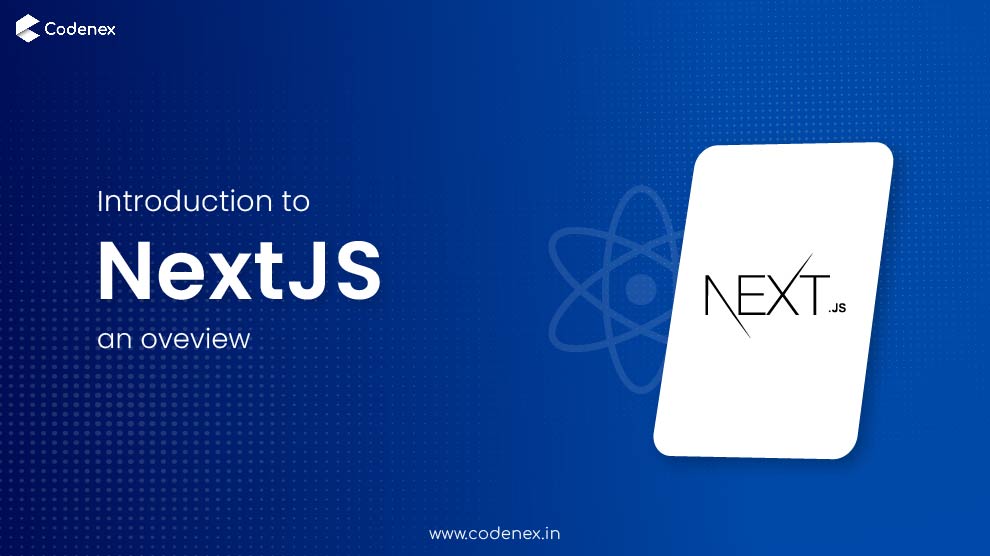Next.js is a powerful open-source React framework that enables developers to create websites and web applications with ease. It simplifies the development process and offers an easy way to build performant, scalable, and secure sites without having to worry about the complexities of code. Let’s have a comprehensive overview of Next.js, from the basics of what it is and why it’s useful to more advanced topics such as integrating APIs and using server-side rendering techniques. We’ll also look into some of the best practices for using Next.js in your projects.
What is Next.js?
Next.js is a React framework that provides you with building blocks to develop web applications. By framework, we mean Next.js handles the tooling and configuration needed for React and provides additional structure, features, and optimizations for your application.
Next.js is a free and open-source web application platform that allows developers to create amazing front-end applications using JavaScript. Next.js also provides server-side rendering, code splitting, hot reloading, and many more features that help make front-end development more efficient and fun.
Why is it useful for building scalable web apps?
There are many reasons why Next.js is useful for building scalable web apps. One reason is that it uses server-side rendering, which means that your app will load faster and be more responsive. Secondly, it has built-in code splitting, which allows you to split your code into small chunks so that each chunk can be loaded on demand. This makes your app’s code more manageable and reduces the overall size of your app. Moreover, Next.js includes a powerful routing system that makes it easy to create complex, nested routes and handle dynamic data in your app.
The benefits Next.js offers compared to other frameworks
When it comes to choosing a JavaScript framework, there are many factors to consider. However, if you’re looking for a framework that offers comprehensive benefits and features, Next.js should be at the top of your list. Here’s a look at some of the benefits:
Zero setups required: Next.js requires no configuration or setup, making it incredibly easy to get started with.
Automatic code splitting: Next.js automatically splits your code into different bundles so that only the necessary code is loaded on each page, resulting in faster load times.
Server-side rendering: With Next.js, your pages are rendered on the server before being sent to the client, meaning that your content is fully indexable by search engines and loads fast for users.
Built-in CSS support: Next.js comes with built-in support for CSS files, so you don’t need to worry about configuring anything yourself. It
Hot reloading: When making changes to your Next.js application, the changes will be automatically reflected on the page without having to refresh the page manually.
New features of Next.js 13
Next.js is similar to React with advantages in that it offers all of React’s functionality with user-friendly conventions and a well-defined client-server stack. The most recent edition, Next.js 13, was made public by Vercel during the Next.js conference in October 2022. Numerous new features are included, such as support for several React-incubated optimizations including React Server Components and streaming rendering, as well as a bundler named Turbopack.
Overall, Next.js 13 is a big development since it combines improvements in React and Next itself into a developer experience that is easy to use. This release contains a lot of optimization in the background. Let’s explore the updates in Next.js 13.
Connect with us to learn more about Next.js. Being one of the top gen-next IT companies in Kozhikode, Kerala, Codenex Solutions LLP supports you in obtaining the most advanced IT solutions. Try out our services right now.
